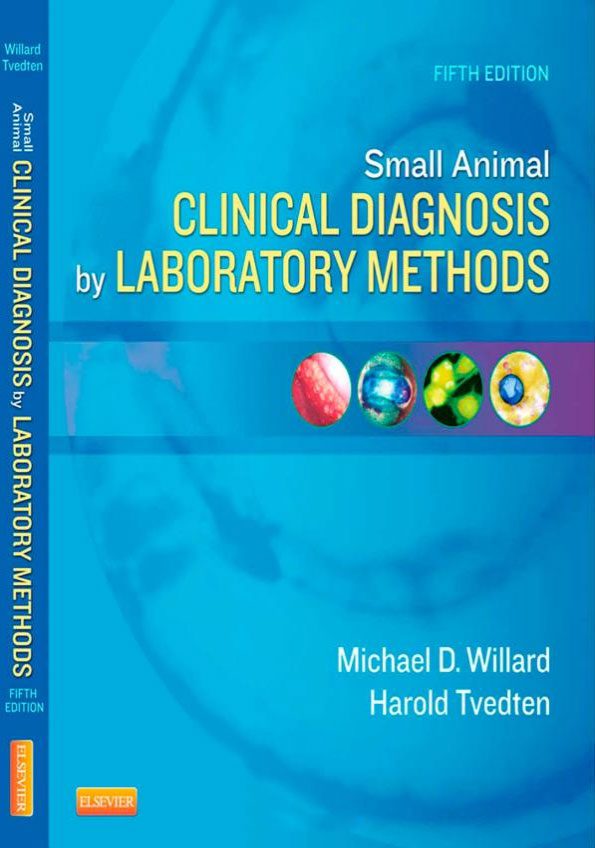The Complete Guide to Animal Diagnostic Labs for Animal Care Step-by-Step
The Complete Guide to Animal Diagnostic Labs for Animal Care Step-by-Step
Blog Article
Whether it’s routine blood work or advanced diagnostic panels, veterinary labs deliver the data veterinarians need to make informed decisions.
From routine screenings to emergency diagnostics, veterinary labs help uncover hidden health issues, confirm diagnoses, and track treatment progress.
Let’s start by understanding exactly what a veterinary laboratory is and why it’s essential in modern animal healthcare.
Understanding Veterinary Labs
Just like human medical labs, veterinary labs follow strict protocols to ensure accuracy and reliability.
Veterinary labs vary in size and specialization.
Regardless of size or setup, these labs play an essential role in helping veterinarians diagnose conditions early, tailor treatments, and monitor recovery effectively.

What Tests Do Veterinary Labs Offer?
Veterinary laboratories perform a wide range of tests that help veterinarians evaluate an animal’s health.
Advanced labs may also provide molecular diagnostics, including PCR testing for specific pathogens or genetic screenings for hereditary conditions.
Whether a veterinarian is confirming diabetes, diagnosing cancer, or screening for zoonotic diseases, a reliable laboratório de veterinária veterinary lab ensures the right data is available for informed decisions.
Finding the Best Local Veterinary Diagnostic Lab
Many vet clinics also have in-house labs for basic tests and refer complex cases to specialized facilities.
Reading reviews and checking for specific services (like 24-hour diagnostics or exotic animal testing) can also help narrow your search.
Choosing the right local lab ensures quick turnaround, reliable results, and peace of mind.

Choosing Between Standard and 24-Hour Veterinary Labs
Standard labs typically process routine tests during business hours, while 24-hour veterinary labs offer emergency diagnostic services around the clock.
If your pet is facing a life-threatening condition—such as sudden collapse, poisoning, or acute trauma—a 24-hour lab can deliver rapid results needed for immediate treatment.
For non-urgent screenings, wellness panels, or follow-up testing, standard labs are usually sufficient.
The Importance of Veterinary Lab Testing
Without accurate diagnostics, treatment plans may miss the mark, potentially delaying recovery or worsening outcomes.
For preventive care, routine lab work helps catch issues before symptoms appear.
Ultimately, investing in proper veterinary diagnostics is an investment in your pet’s well-being.
Final Thoughts on Veterinary Diagnostics
Whether you need routine bloodwork, specialized diagnostic panels, or emergency testing, the lab you choose plays a crucial role in guiding your veterinarian’s decisions.
The combination of expert veterinary care and reliable diagnostics is what keeps pets healthier, longer.
With the right partnerships in place, you’re giving your pet the best possible chance at a happy, healthy life.
Your Veterinary Lab Questions Answered
Why do vets use diagnostic labs?
A veterinary diagnostic lab analyzes samples from animals (like blood, urine, or tissue) to detect diseases, monitor health, and guide treatment plans.
How do I find a veterinary lab near me?
Ask your veterinarian for recommendations—they often work with trusted local labs or national diagnostic networks.
When should I use a 24-hour veterinary lab?
If your pet experiences sudden, severe symptoms—such as collapse, poisoning, or acute injury—a 24-hour veterinary lab can provide rapid diagnostics to support emergency treatment.
What types of tests are done in veterinary labs?
Common tests include blood counts, chemistry panels, hormone levels, infectious disease screening, urinalysis, fecal exams, cytology, biopsies, and genetic testing.
Are veterinary diagnostics expensive?
Costs vary based on the type of test, species, and urgency.
Report this page